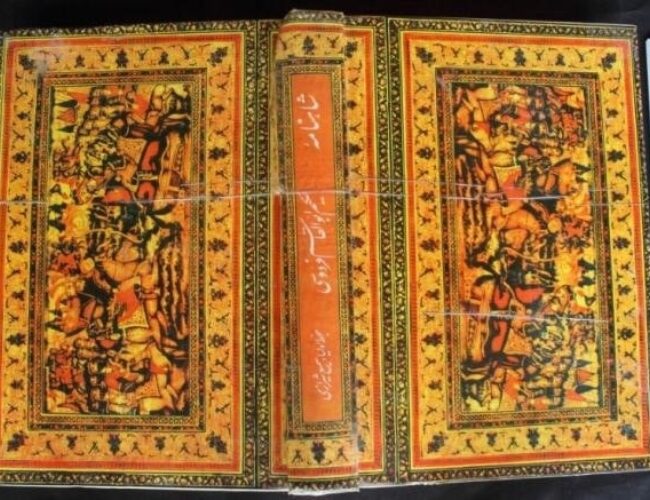The project catalogued and digitised twelve private manuscript collections from Balochistan, in Pakistan, with materials dating from the 16th to the 20th centuries. The majority of the materials are in the form of hand-written manuscripts including histories (Tawarikh), exegetical texts (Sharah and Tafasir), proclamations (Sanads/ Farmans), and letters (Maktubat).

Contemporary historical research on Balochistan is heavily dependent on manuscripts and printed materials in English that were written by colonial officials and reflect the priorities and concerns of the Raj and colonial bureaucracy. This pilot project seeks to address this imbalance in the available sources of Balochistan’s history and culture by identifying, documenting, and beginning to preserve historical source materials in native languages. The vast majority of these source materials are in the form of hand-written manuscripts held by individuals or families in Balochistan. These include histories (Tawarikh), exegetical texts (Sharah and Tafasir), proclamations (Sanads/ Farmans), and letters (Maktubat). These are extremely vulnerable and perishable documents that are likely to be lost forever if timely intervention is not made for identification, preservation and conservation. A collaboration between scholars, the staff of the Balochistan Archives and the University of Texas at Austin Libraries will create catalogues of, and strategies for, digitally preserving these materials for dissemination to a larger scholarly community. The project catalogued and digitised twelve private manuscript collections, with materials dating from the 16th to the 20th centuries.
